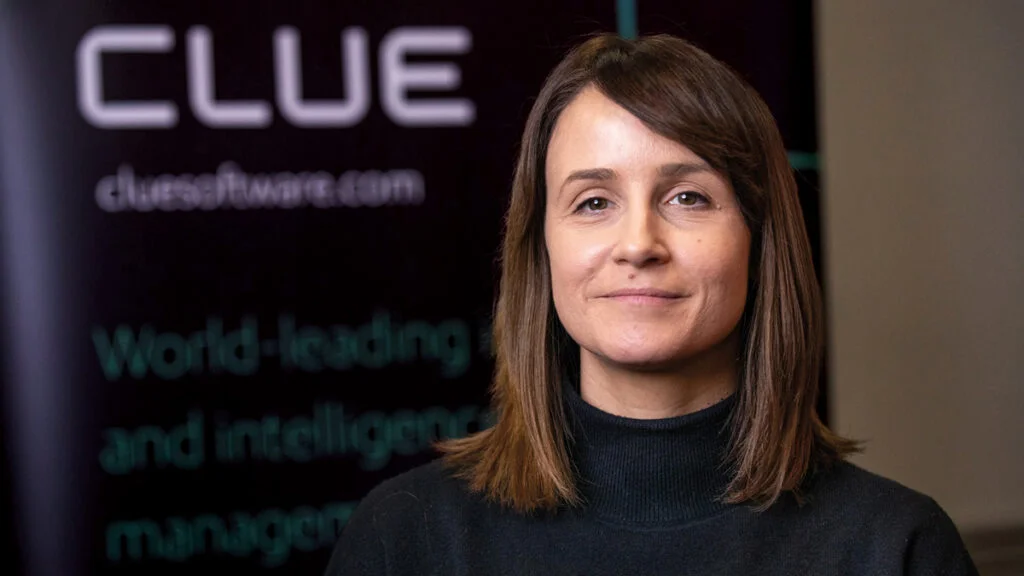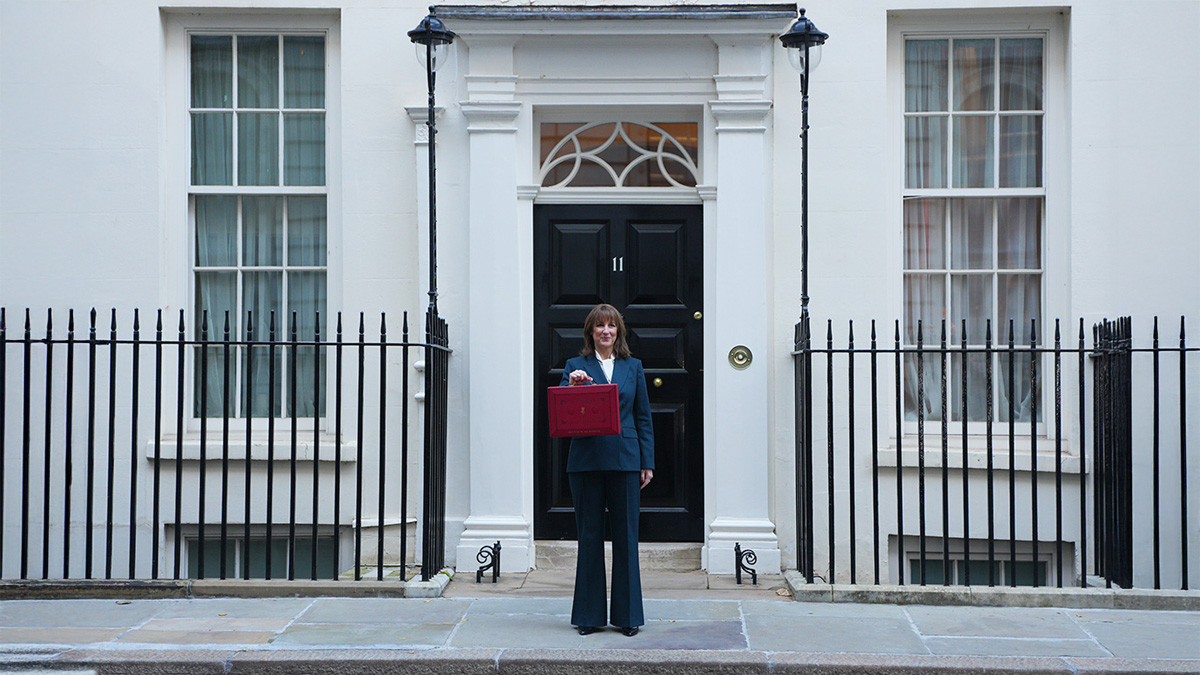
This article is an online version of our Off to Lunch newsletter. Sign up to receive it straight to your inbox here.
By Sarah Vizard
A new report from the Centre for Cities has analysed how the return to work has played out in cities around the world. The Covid 19 pandemic led to many predictions of the end of the office, but data shows workers are slowly returning – albeit faster in some cities than in others.
The report surveyed office workers and employers in London, Paris, New York, Sydney and Toronto. It found that the average full-time London worker is spending 2.7 days in the office every week, more than the 2.2 days they were spending in April 2023 (when the research was last done) but down from 3.9 days in January 2020, pre-pandemic.
However, London is behind most of its rival cities. While Sydney and Toronto have similar rates (2.7 and 2.8 days respectively), this compares with 3.1 days in New York, 3.2 days in Singapore and 3.5 in Paris. Plus, London’s return has been slower than most other cities, with workers spending an average of 1.2 days fewer in the office now compared to before the pandemic, compared to 0.8 for Sydney and New York and 0.5 for Paris.
This is an issue for business but also for London and the UK economy. As the report says: “London may miss out on the benefits that face-to-face interaction brings to companies and the wider economy. And younger workers’ development could be stymied from missing out on older colleagues’ experience. All of this could impact the capital’s productivity growth and erode its competitiveness on the global stage.”
This is not just because employees don’t want to go into the office, the research found that central London employers have the lowest in-office mandates of all cities. London was also the only city in the report where younger workers were in the office more than older ones.
One of the main reasons for the discrepancy both in average number of days in the office and more younger workers being in is the cost of commuting. In the survey, 40 per cent of London workers cited savings on their daily commute as a reason for not going into the office. Younger workers tend to live nearer the city centre and be more willing to go in, whereas older workers who have moved further out.
The think tank suggests several ways to address this. First, government policy needs to make travel easier and cheaper. But businesses have a role to play too. The report suggests companies can set higher expectations of office days, with just one in 10 Londoners saying they would look for a new job if mandates rose.
More senior staff should come into the office. And businesses should reconsider benefits. The survey suggests that very few people don’t like being in the office, so employers could redirect money for in-office perks and refurbishments into subsidising commutes.
But the big takeaway is that the “new normal” of office working may be below what is best for the economy and the Labour government’s desire to improve productivity.
You can read the full report here.
Business Agenda
A summary of the most important business news
1. Fragile consumer confidence led to retail sales rising by just 1 per cent on the year in August. The figure was well below last August’s growth of 4.1 per cent and below the 12-month average of 1.2 per cent, according to the British Retail Consortium and KPMG’s Retail Sales Monitor. You can read more here.
2. Volkswagen is considering closing factories in Germany for the first time as it pursues ways to save several billion euros in a cost-cutting drive. The carmaker, whose brands also include Skoda, Audi, Lamborghini, Bentley, Porsche and Ducati, considers one large vehicle plant and one component factory in Germany to be obsolete, its works council said. You can read more here.
3. Campaigners have called on the chancellor to introduce a controversial pay-per-mile road charging scheme on electric cars, warning of a £5bn “black hole” in tax revenues from motoring. In a letter to Rachel Reeves, the Campaign for Better Transport urges her to reform vehicle taxes, with fuel duty poised to dwindle in the coming decade as petrol and diesel cars are phased out. You can read more here.
4. Spending extra cash on mental health services would boost economic growth and improve the nation’s wellbeing more than building new roads, according to an academic analysis. The report from the London School of Economics argues that a rethink is needed inside Whitehall about how to approach spending decisions, with more focus on how the money improves people’s lives, particularly in terms of wellbeing. You can read more here.
5. Great Britain’s renewable energy auction has secured enough new clean electricity projects to power 11 million UK homes after the Labour government made record funding available to suppliers. The £1.5bn auction will support a total of 131 new projects including windfarms, solar farms and tidal power projects after the government increased the amount of funding available to seven times the sums offered last year. You can read more here.
Business Question
As of 2023, how many people were employed by SMEs in the UK?
A. 15.1 million
B. 16.7 million
C. 18.9 million
D. 20.4 million
The answer can be found at the bottom of the page.
Business Thinker
Deep dives on business and leadership
By Sarah Vizard
? How to build hype with a waitlist
Sifted has a piece by Nick Shipley, co-founder of the male fertility start-up Jack Fertility, about the use of waitlists. His company has spent years doing product research, achieving regulatory compliance, testing and iterating but is now ready to launch. To ensure they sell from the first day, it set up a waitlist. Here, he offers his tips on how to get it right.
?? 5 ways to escape “survival mode” and reduce stress at work
When we are stressed at work, our bodies can push our nervous system into what is called “survival mode”, leading to a feeling of being perpetually overwhelmed. But there are techniques that can be used to switch this off, including practising 4x4 breathing, visualisation and avoiding schedule compression.
?? In favour of simple writing
A new book by Harvard behavioural scientists Todd Rogers and Jessica Lasky-Fink makes the argument for being a careful writer. Writing For Busy Readers presents key well-established principles long prized in writing guides and brings evidence. This includes a study on getting people to respond to a survey. An accompanying email that was 49 words rather than 127 received almost double the response rate. Well worth a read of this article in The Economist reviewing the book – and the book itself!
Business Quote
Inspiration from leaders
“The mediocre teacher tells. The good teacher explains. The superior teacher demonstrates. The great teacher inspires.”
– William Arthur Ward
Business Leader
The best of our content

Learning to lead: Transforming a legacy business
After stepping into the family business to spend time with her ailing father, Clare Elford transformed a declining software division into a thriving enterprise.
Now CEO of Clue, a software provider dedicated to intelligence and investigations, Elford has led the company from a modest £400,000 in revenue to £7m annually, all while prioritising collaboration and purpose-driven leadership.
You can read the latest in our Learning to lead series here.
Other popular pieces
? Growth Stories: Jordan Brompton, Lee Sutton and Myenergi
?? The rise of the chief of staff
?? You need to attract and retain a multi-generational workforce. Here’s how
And finally...
By Dougal Shaw
Have a watch and listen of this advert for Uber, launched during the Olympics.
Listen in particular not to the Beatles song that accompanies it, but to the very short burst of sound that closes it at the end, when the Uber logo appears.
This is an example of sonic branding, a trend in advertising designed to give companies an audio identity. We are used to big companies having a visual logo. Well, this is the audio equivalent.
The idea is that we live in a world full of digital noise on our mobiles, often consumed on Bluetooth headphones. This might be chatter on podcasts or snippets of sound when we scroll past videos on our social media timelines. So, companies need to stand out sonically too.
It’s also increasingly important to have a signature sound that confirms when something important has happened on our mobiles, like a contactless payment, booking confirmation or notification. Psychologically, we need to be assured that the important transaction has indeed taken place with the trusted company.
That new sonic identity for Uber in the video above was created by the agency Amp. It uses AI to generate multiple versions of signature sounds (derived from ‘Sonic DNA’, composed by humans), which can be connected to a particular brand and then used on different occasions, whether its transactions or background music at a corporate event.
It’s a bit like with James Bond films – the songs connected to the franchise are all different, but you are subconsciously aware it belongs to that universe as soon as you hear one.
Listen out for more examples of sonic branding, you're likely to hear more of them in future.
The answer to today's Business Question is B. 16.7 million.
Related and recommended

Healthcare and income tax require radical reform, but the Budget revealed little ambition to tackle the big issues

Bob Skinstad’s journey from rugby prodigy to business leader is shaped by scrutiny, setbacks and second chances

After a decade as editor-in-chief, Katharine Viner is using her business acumen to reinvent The Guardian

The prime minister and chancellor may be safe for now but Cabinet ministers believe it’s a case of when, not if, they fall

